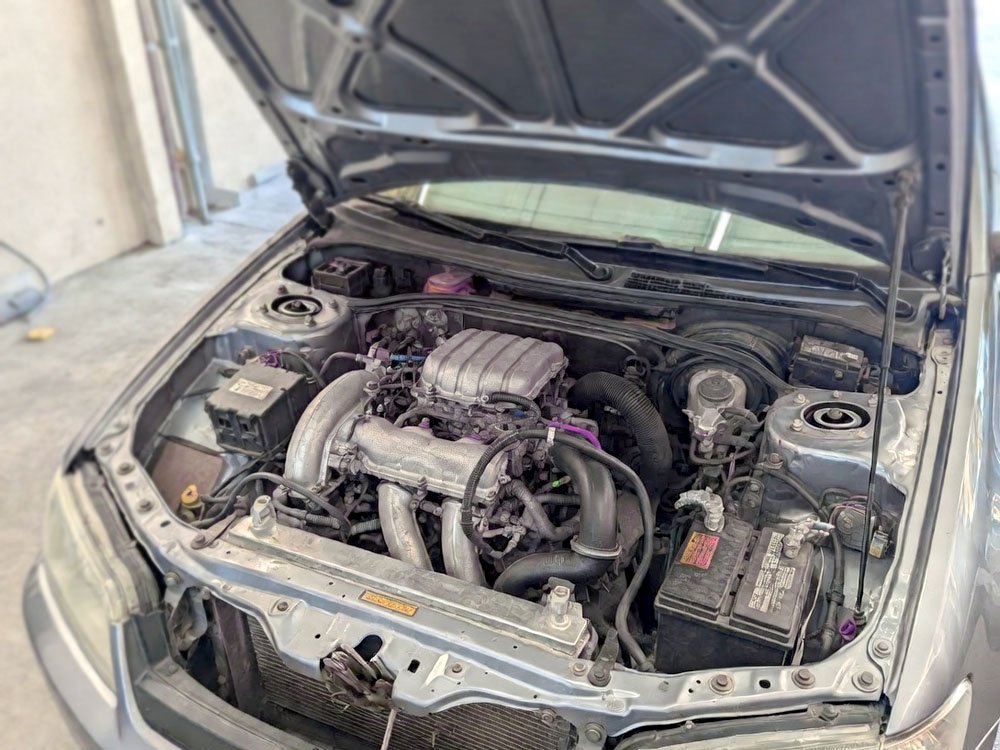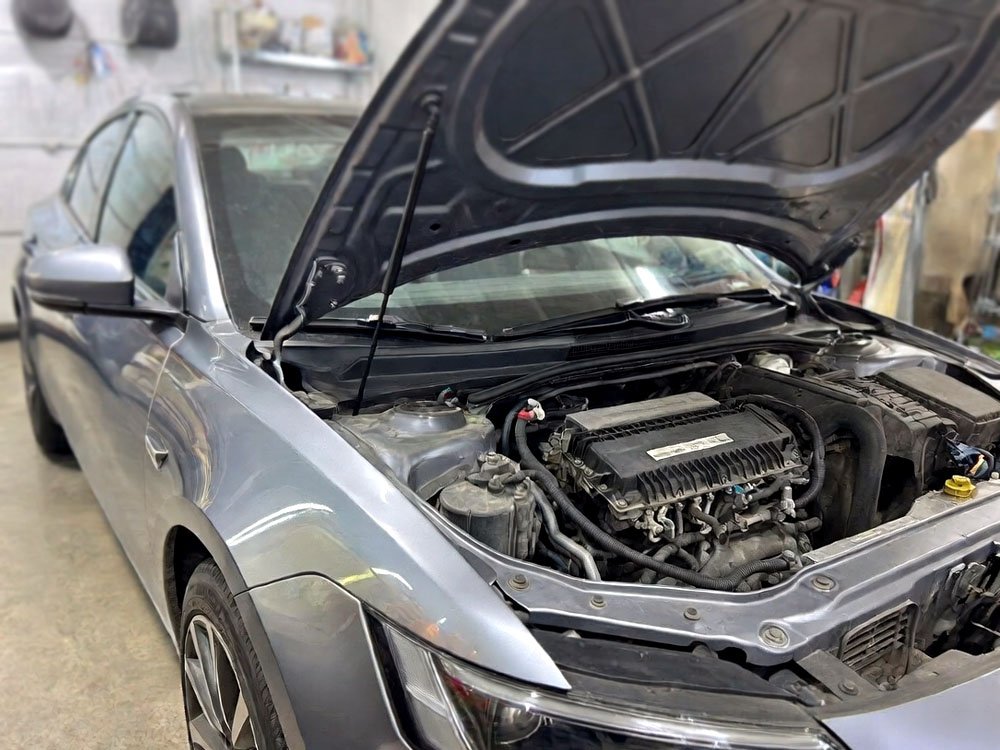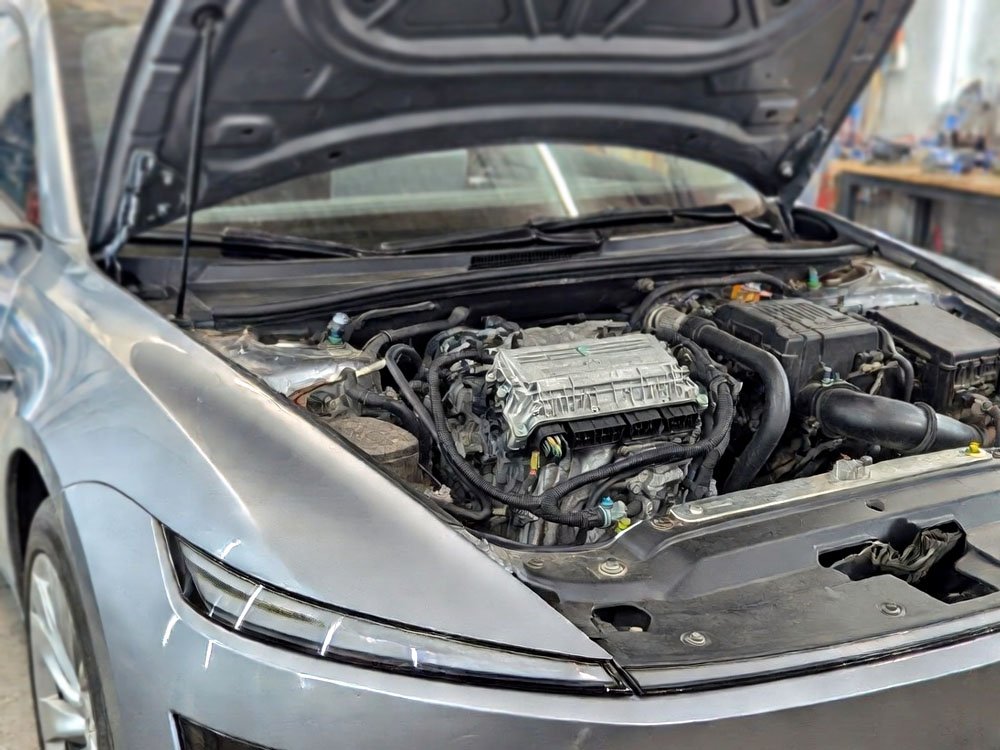Cruise control is generally not bad for your car when used appropriately. It can help improve fuel efficiency and reduce driver fatigue on long trips.
However, using cruise control on slippery or congested roads may not be safe. Understanding when and when not to use cruise control can help maintain your car’s performance and safety. We will explore the benefits and potential drawbacks of using cruise control, as well as provide tips on when to engage this feature effectively.
Let’s delve into the details to help you make informed decisions about utilizing cruise control in your vehicle.

Credit: www.wikihow.com
Pros Of Using Cruise Control
Enhance driving comfort and fuel efficiency by utilizing cruise control during long highway stretches. It maintains a consistent speed and reduces driver fatigue, optimizing overall vehicle performance.
Saves Fuel Consumption
Using cruise control can actually save fuel consumption in your car. When you set a constant speed using cruise control, your vehicle maintains a steady pace without unnecessary acceleration or deceleration. This helps to optimize fuel efficiency by preventing sudden bursts of speed that can guzzle up more fuel. By avoiding these fluctuations, cruise control ensures a consistent and economical use of fuel, ultimately helping you to save money at the pump.Using cruise control on long stretches of highway can be especially beneficial for fuel economy. Instead of constantly adjusting your speed, cruise control keeps your vehicle running at a steady rate, optimizing your overall fuel consumption.Reduces Fatigue On Long Drives
Long drives can be tiring, and fatigue can greatly impact your ability to concentrate on the road. However, cruise control can help alleviate some of the strain associated with long-distance trips. By allowing your car to maintain a constant speed, cruise control reduces the need for you to constantly adjust your foot on the accelerator. This not only reduces physical fatigue but also minimizes the mental effort required to keep your vehicle at a steady pace.When fatigue sets in, your reaction time slows down, increasing the risk of accidents. By utilizing cruise control, you can give your mind and body a break, reducing the likelihood of driver fatigue and enhancing your overall driving experience.Maintains A Constant Speed
One of the main advantages of cruise control is its ability to maintain a constant speed. Once you set your desired speed, cruise control takes over and keeps your vehicle at that pace, regardless of external factors such as road incline, wind resistance, or traffic congestion. This feature not only allows for a smoother and more relaxed driving experience but also helps to improve overall road safety.By maintaining a constant speed, cruise control helps to eliminate speed variances that can lead to accidents and ensure a more predictable and controlled driving environment. Additionally, it can also prevent you from inadvertently exceeding the speed limit, as cruise control keeps your vehicle within the desired range.In summary, cruise control offers several benefits for car owners. It saves fuel consumption by maintaining a consistent speed, reducing fatigue during long drives, and ensuring a safer and more controlled driving experience. However, it’s important to remember that cruise control is not suitable for all driving conditions. It may be best utilized on open highways or long stretches of road, where traffic conditions and road layouts are predictable. Always use cruise control responsibly and be aware of the road conditions to ensure a safe and enjoyable driving experience.
Credit: www.toyotaofnorthcharlotte.com
Cons Of Using Cruise Control
Considering the cons of using cruise control is important to understand its potential drawbacks and when it should be used. While cruise control can offer convenience, there are certain factors to consider before engaging it, including decreased reaction time, potential danger in certain situations, and negative effects on control and handling.
Decreased Reaction Time
Using cruise control can lead to decreased reaction time, as drivers may become complacent and less attentive behind the wheel. When the system is engaged, it’s easy to become less alert and responsive to sudden changes in traffic or road conditions, which can increase the risk of accidents.
Can Be Dangerous In Certain Situations
Cruise control can be particularly dangerous in certain situations, such as inclement weather, heavy traffic, or winding roads. Engaging cruise control in these scenarios can limit the driver’s ability to quickly adjust speed and maneuver the vehicle, posing a greater risk of loss of control or collisions.
Negative Effects On Control And Handling
Using cruise control may have negative effects on the overall control and handling of the vehicle. It can lead to reduced agility in responding to unexpected obstacles or hazards, potentially compromising the driver’s ability to maintain safe driving conditions.

Credit: www.progressive.com
Conclusion
Cruise control can be used safely when driving on long, straight roads with light traffic. However, it’s important to use it judiciously and switch to manual control in heavy traffic or inclement weather. Understanding when to engage cruise control can help maintain vehicle health and safety on the road.


